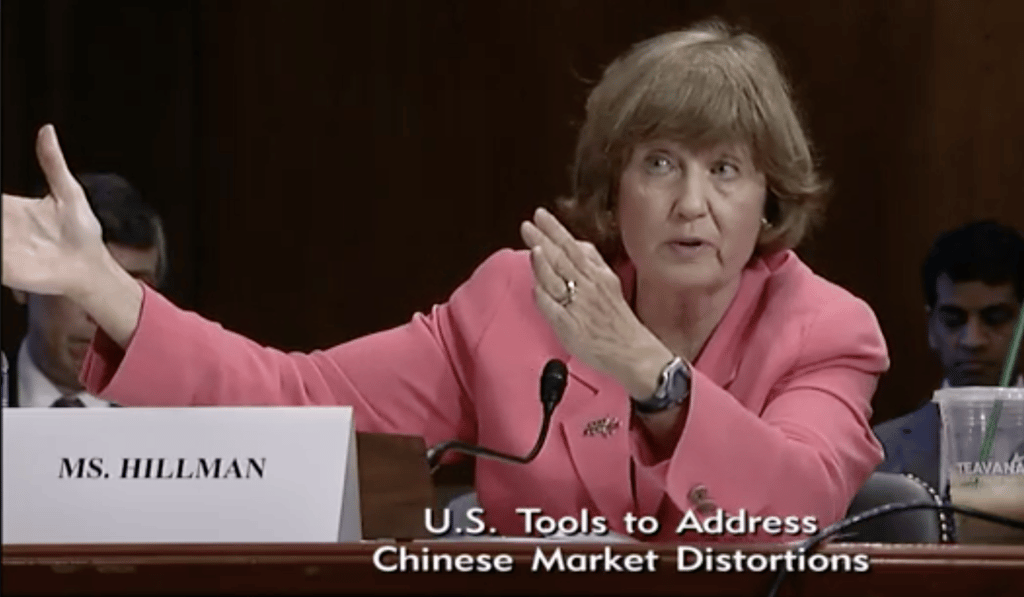Advertisement
Inside Out | The US will regret breaking WTO’s dispute settlement mechanism
- From December 11, the WTO’s Appellate Court will stop hearing disputes, forcing the growing number of countries subject to US tariff wars to take their own defensive actions
- As disputes stack up over trade, climate change and tech taxes, one thing is for certain: the US will rue the day it broke the mechanism to settle disputes multilaterally
Reading Time:4 minutes
Why you can trust SCMP
0

Just when you think things could not possibly get any worse, it does. After a fractious Nato week in London, and a deluge of gloom from the Madrid climate summit, we have tumbled into a week that embraces the launch of impeachment proceedings against a president of the United States and a preposterous Brexit election in Britain. Hopes of an interim US-China trade deal also seem to have drifted off into a fog.
To cap it all, just when you need the world’s dispute settlement capabilities honed and ready to tackle this cacophony of conflict, Wednesday will mark the collapse of World Trade Organisation (WTO) dispute settlement capabilities.
As two of the last three WTO Appellate Court judges retire, the WTO’s dispute appeal process will cease to function, leaving 13 appeals in suspended animation. The WTO’s dispute panels will continue to work – 33 panels are in progress – but whatever their rulings, all a loser needs to do is appeal. That will put the ruling into permanent limbo.
This WTO dispute settlement crisis has been two years in the making. US Trade Representative Robert Lighthizer has worked consistently to neuter the WTO’s dispute settlement system, arguing that it routinely overstepped its mandate, that its rulings were inconsistent, and that cases took too long. As the US has systematically blocked appointment of new appellate judges, retirements since 2017 have whittled the full complement of seven judges down to just one. The rules say each case must be heard by three judges.
An eleventh hour appeal from WTO members for appointments to resume was spurned on November 22 by the US, so the appeal process is set to fall off a cliff. Lighthizer now has what he wished for, leaving everyone in Geneva guessing as to how to resolve the trade disputes that only continue to escalate.

Advertisement
